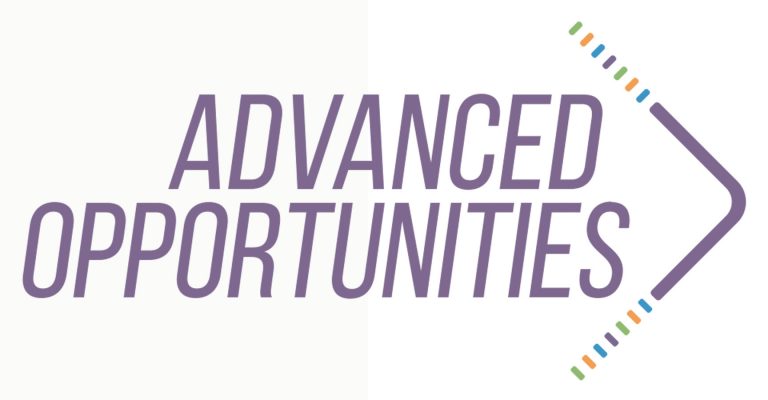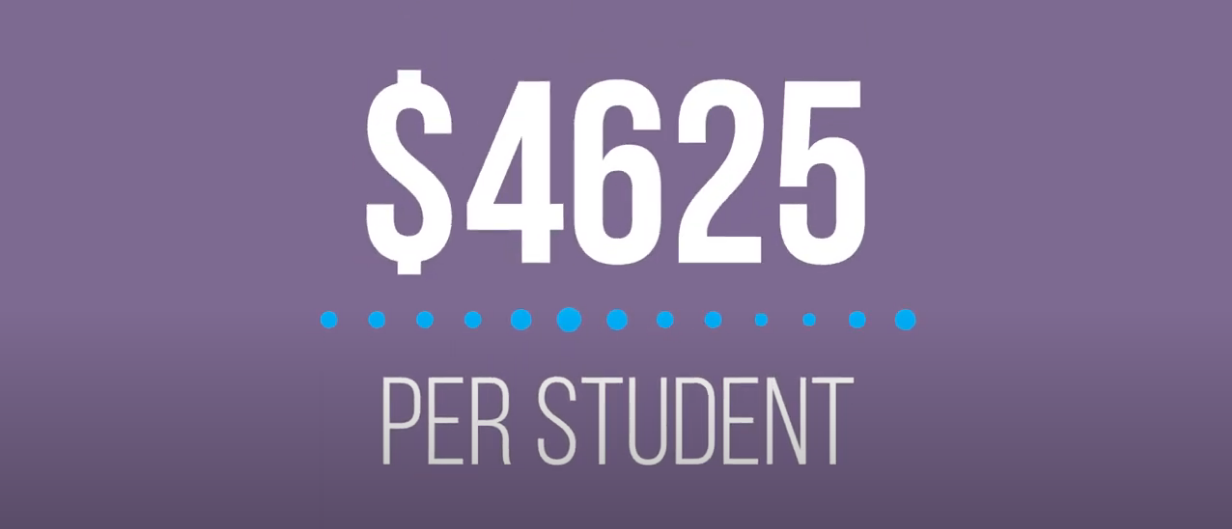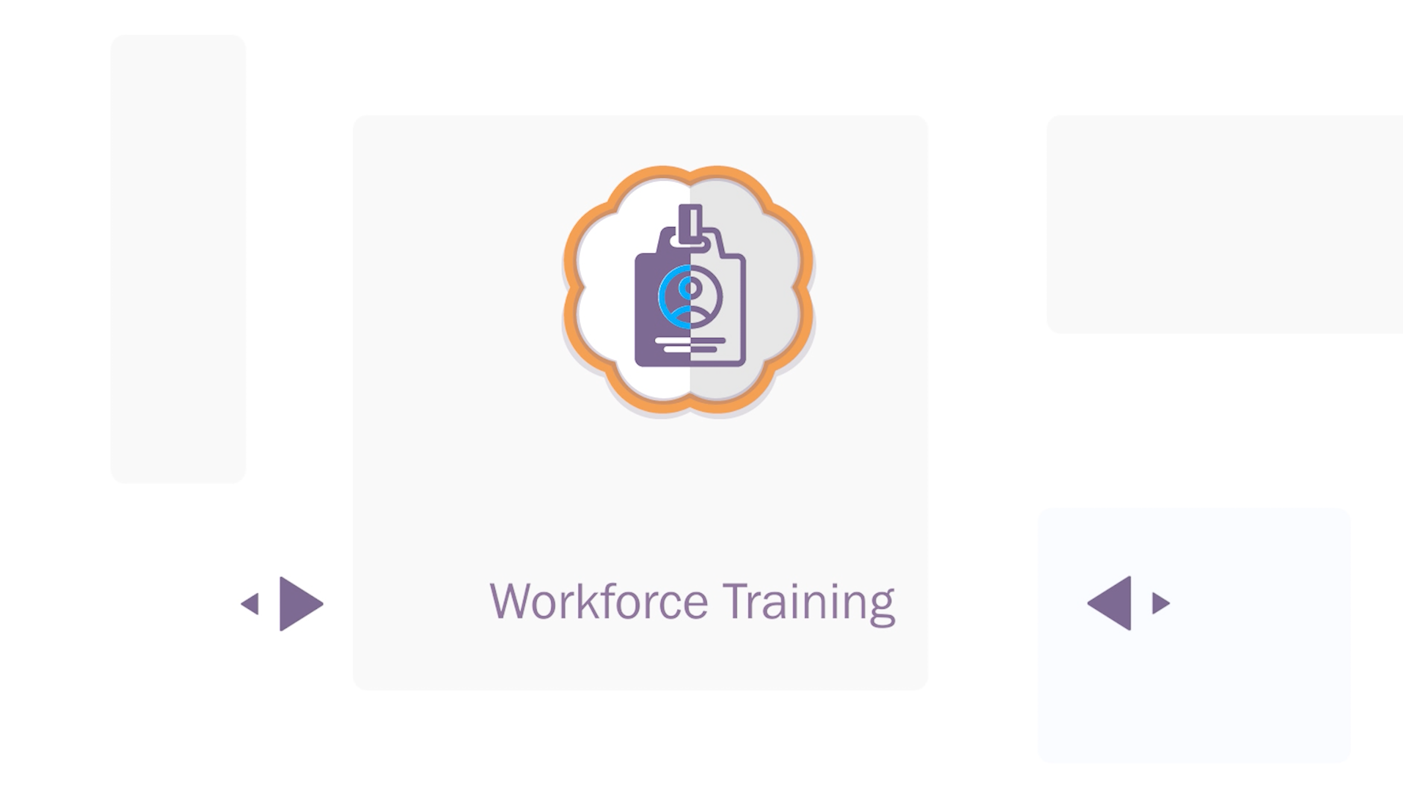Get Going, Faster
Every student attending an Idaho public school in grades 7-12 has access to $4,625 to use towards exams or special courses. The program is called Advanced Opportunities and these funds can help pay for:
- Overload Courses
An overload course is a high school level course that is taken in addition to a regular school day. These may be offered online, during the summertime, or before/after school. If there’s a cost, the Advanced Opportunities program can pay up to $225 for the cost of the course. Overload courses must be above and beyond 12 credits in a school year. - Dual Credits
Dual credit courses are those that help you earn both high school and college credits for the same class. Dual Credit courses can be taken online, by virtual conferencing, or in some cases, students go directly to the college/university campus. This includes Career & Technical Education (CTE) classes. The program can pay for up to $75 per credit. - Exams
Funds can be used to pay for a variety of college-credit bearing or career-technical exams. These include Advanced Placement (AP), International Baccalaureate (IB), College Level Examination Program (CLEP), or Career & Technical Education (CTE) exams. Contact your local school district for a list of available challenge exams. - Workforce Training
Students can utilize Advanced Opportunities funds to pay for regionally approved workforce training courses at an Idaho public college in their area. An approved list of courses is available on the Advanced Opportunities website. - Early Graduation
Early Graduation Scholarships are available to students who graduate from high school at least one year early. Eligible students are awarded (approximately) $1,800 for every year skipped. Funds can only be used at one of Idaho’s public post-secondary institutions.
How to Sign Up
- Create an Advanced Opportunities account at advancedops.sde.idaho.gov to track your account balance and request funding.
- Contact your school’s Advanced Opportunities designee to learn about local guidelines for funding requests.
Note: Account verification and funding approvals are done by your local school district.





